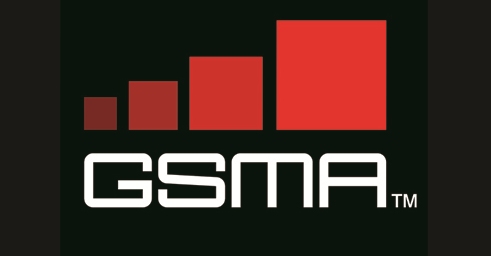The GSMA has raised the alarm into some spectrum auctioning, saying artificially inflating prices in auctions threatens the quality and affordability of mobile services and may ultimately, harm the consumers.
The alarm raised by the GSMA is on the backdrop of 5G spectrum auction, which has picked up pace globally.
“We’re seeing a worrying trend of badly run spectrum awards that could seriously impact the potential of 5G before we get started. It’s time for policymakers to work more closely with stakeholders to enable more timely, fair and effective awards,” said Brett Tarnutzer, Head of Spectrum, GSMA.
He added that auctions can and do fail when poorly designed.
Meanwhile, to help governments and regulators guarantee affordable, high quality mobile connectivity from spectrum awards the GSMA has published an ‘Auction Best Practice’ paper. The paper highlights some key concerns from recent 4G and 5G spectrum awards and offers recommendations. This includes addressing a trend towards governments making decisions that artificially inflate spectrum prices, which risk limiting subsequent network investment and thus harming consumers. These bad decisions include artificially restricting the amount of spectrum operators can access, through set-asides or by poorly chosen lot sizes, or by setting high reserve prices.
The paper outlines recommendations, including the top priority for spectrum auctions should be to support affordable, high quality mobile services – not to maximise revenues; Auctions should not be the only award process considered, as they are not always suitable;
Other recommendations are Assign a sufficiently large amount of spectrum and publish roadmaps to support high quality mobile services. Set-asides for vertical sectors or new entrants may threaten how much operators can access and also risk inflating spectrum prices; the auction design should not create unnecessary risk and uncertainty for bidders; and poorly chosen lot sizes or inflexible packages of spectrum lots risk inefficient outcomes.




